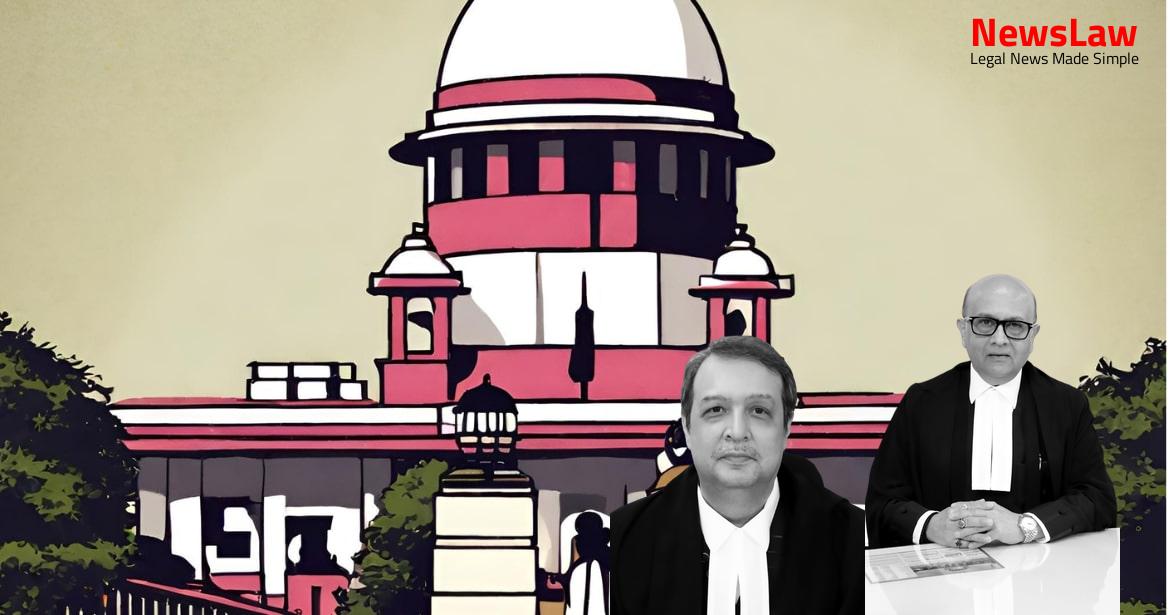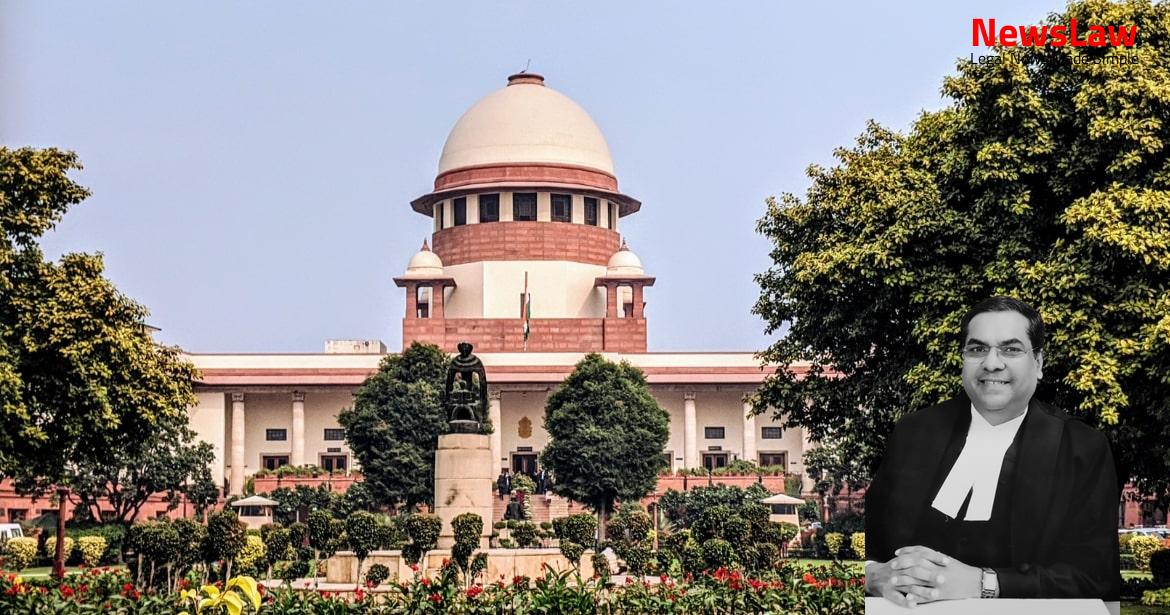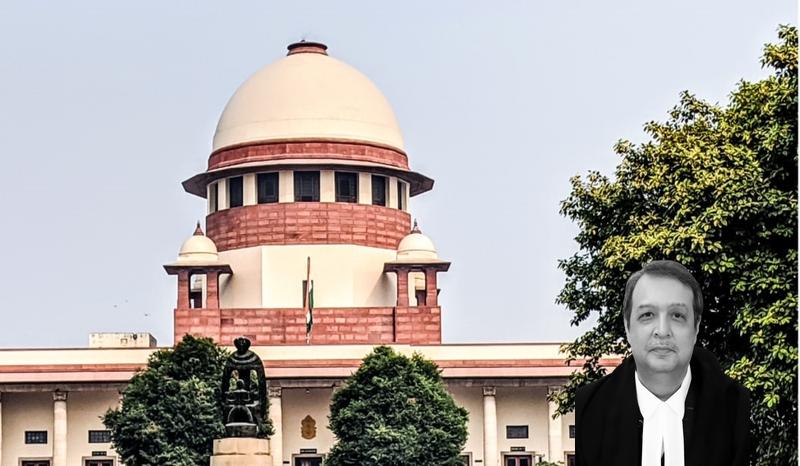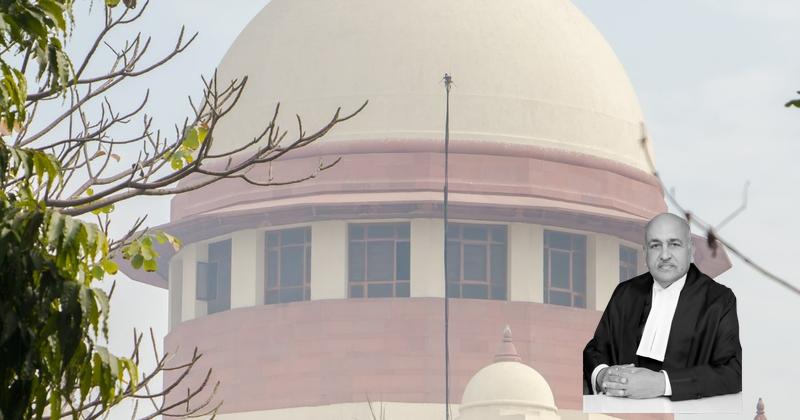Facts
- Appellant submitted a claim for unpaid instalments towards lease premium in January 2020.
- NCLT rejected the claim applications stating lack of action by the appellant against the RP despite being aware of the CIRP.
- The appeal by the appellant was dismissed on various grounds, including lack of diligence in pursuing rights.
- Appellant claimed to be a financial creditor but was treated as an operational creditor by the RP.
- Appellant filed applications questioning the RP’s decisions post-resolution plan approval.
- Appellant raised issues of being treated erroneously as an operational creditor and not receiving priority as a secured creditor.
- NCLAT found the approval of the resolution plan valid, disapproving the appellant’s claims.
- NCLT dismissed appellant’s applications under IBC Section 60(5) in April 2021.
- NCLT decision was based on the grounds of disbursement requirements for financial debt and lack of secured creditor treatment for the appellant.
Also Read: https://newslaw.in/supreme-court/recall-of-order-and-legal-analysis-on-resolution-plan-requirements/
Issue
- The application for recall of the order was found to be barred by time as it was filed beyond the permissible period.
- The resolution plan put forth by the resolution applicant was considered not meeting the requirements of sub-section (2) of Section 30 of the IBC read with Regulations 37 and 38 of the CIRP Regulations, 2016.
Arguments
- There is a dispute about the submission of the appellant’s claim as a financial creditor with security interest over the assets of the Corporate Debtor (CD) on 30.01.2020.
- The resolution plan did not acknowledge the appellant’s claim properly, describing it as one that did not submit its claim, even though it was a secured creditor.
- The appellant was not notified of the meetings of the Committee of Creditors (COC) to participate, which could have vitiated the resolution plan.
- The adjudicating authority failed to consider whether the resolution plan adequately addressed the appellant’s claim, including its statutory charge over the CD’s assets and ownership rights.
- The ownership and statutory rights of the appellant over the land were not taken into account when approving the resolution plan, which should have been assessed for feasibility and viability.
- The commercial wisdom of the COC is not justiciable.
- Once the resolution plan is approved, it cannot be questioned through a recall application.
- The appellant failed to demonstrate being considered a financial creditor.
- The appellant had no voting right in the COC due to not being a financial creditor.
- The issue of dues payable to an Industrial Area Development Authority not being a financial debt is settled by the court’s decision in Anand Sonbhadra case.
- The appellant’s challenge to the approval order had no basis as it pressed its case solely on being a financial creditor.
Also Read: https://newslaw.in/case-type/civil/courts-analysis-on-compliance-with-resolution-plan-conditions/
Analysis
- The analysis delves into the provisions of the IBC and the Regulations related to corporate insolvency resolution.
- The inherent power of the Tribunal is preserved under Rule 11 of the NCLT Rules, 2016.
- The recall application was deemed maintainable despite the pending appeal before the NCLAT.
- The importance of submitting claims with proof, as outlined in various Regulations, is highlighted.
- The Resolution Plan was found to lack conformity with Section 30(2) of the IBC and CIRP Regulations 2016 due to various shortcomings.
- The grounds for seeking recall of the approval order are discussed, emphasizing the potential impact on the appellant’s interests.
- The role and responsibilities of the RP in the insolvency resolution process are reiterated.
- The recall application timeline was justified based on the lifting of the limitation period in accordance with a Supreme Court order.
- The issue of classifying creditors and the verification of claims under different categories are explored.
- The Tribunal’s discretionary power to recall orders is upheld, despite the absence of specific statutory provisions.
- A tribunal or court may recall an order if there is lack of jurisdiction, fraud, collusion, mistake prejudicing a party, or ignorance of necessary party status.
- Tribunal can pass an order in the interest of justice, even without an express provision in the Act or rules, if not availed in original action or other proceeding.
- Ancillary or incidental powers are available to a Tribunal or Court for effective function, unless indicated otherwise by statute.
- The inherent power of a court allows recall of an order to prevent abuse of process or secure the ends of justice.
- Judgment recall possible for procedural errors or fraud, with distinction between procedural review and review on merits.
- The power to recall a judgment is inherent in the court for doing justice between parties.
- Section 408 of the Companies Act empowers the Central Government to constitute the National Company Law Tribunal (NCLT) with a President and necessary members.
- Rule 11 of the NCLT Rules, 2016 preserves the inherent powers of the Tribunal to make necessary orders for justice and prevention of abuse of process.
- Section 60(5) of the Companies Act provides jurisdiction to NCLT over applications, claims, and questions related to corporate debtors or entities under insolvency resolution or liquidation.
- The NCLT was constituted by the Central Government under the Companies Act, 2013.
- The crucial question to be addressed is the relief, if any, that the appellant is entitled to.
- NCLT and NCLAT did not consider crucial aspects during the appellant’s application/appeal.
- The appellant was not served notice of the COC meeting, rendering the proceedings up to the approval of the resolution plan to be ex parte.
- Despite being a secured creditor by operation of law, the resolution plan portrayed the appellant as one who did not submit its claim.
- The lack of consideration of these aspects by NCLT and NCLAT affected the fairness of the proceedings and the appellant’s rights.
Decision
- The resolution plan did not meet all the parameters laid down in sub-section (2) of Section 30 of the IBC read with Regulations 37 and 38 of the CIRP Regulations, 2016.
- The appeals of the appellant are allowed as the resolution plan fell short of the required parameters.
- The impugned order dated 24.11.2022 is set aside.
- The order dated 04.08.2020 passed by the NCLT approving the resolution plan is set aside.
- The resolution plan will be sent back to the COC for re-submission after meeting the parameters set by the Code.
- No costs are awarded in this matter.
Case Title: GREATER NOIDA INDUSTRIAL DEVELOPMENT AUTHORITY Vs. PRABHJIT SINGH SONI (2024 INSC 102)
Case Number: C.A. No.-007590-007591 / 2023



